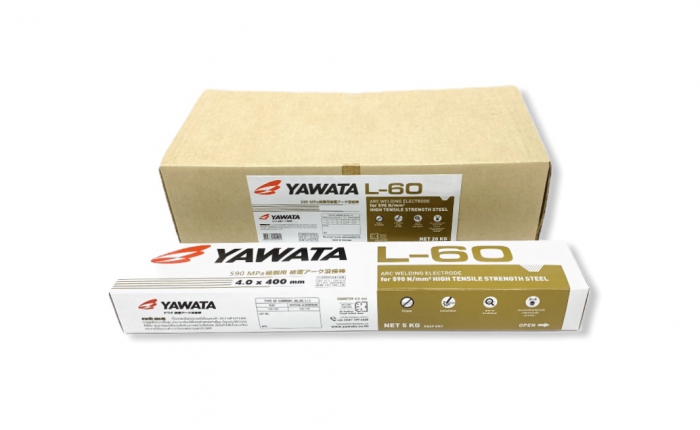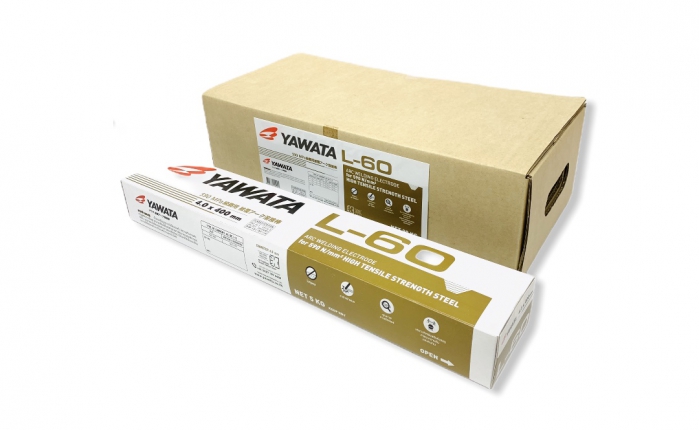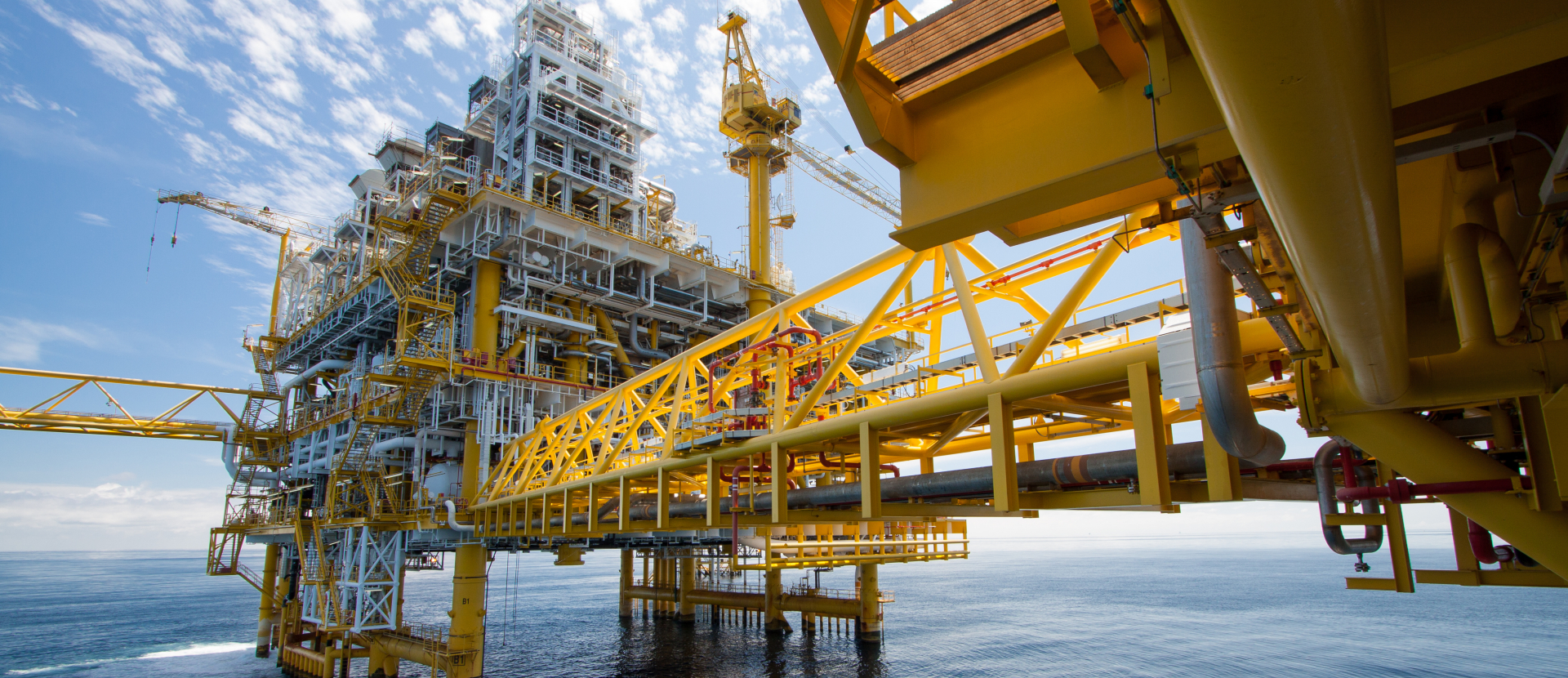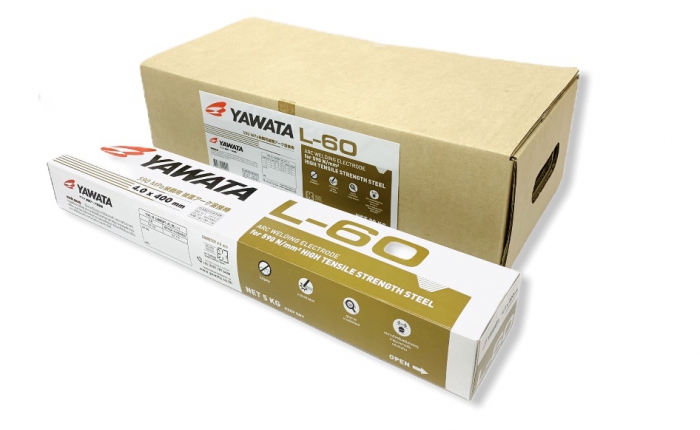Products
YAWATA L-60 (For 590N/mm2┬ĀHigh Tensile Strength Steel)
Classification :┬ĀAWS A 5.5┬Ā: E8016-G,┬Ā
JIS Z 3211 : E5916-N1M1U,
EN 499 : E 50 2 1Ni B 1 2 H5
Approvals :┬Ā-
Application :┬ĀWelding of SM 570, SPV 450 and┬Ā┬Ā590 N/mm2┬Āhigh tensile strength steels (WEL-TEN 590) for penstocks, storage tanks, pressure tanks, pressure vessels, bridges, off-shore structures and machinary.
YAWATA L-60 is an extra low hydrogen type electrode with high resistance to moisture absorption. Weldability in all positions, mechanical properties and X-ray quality are excellent. Deposited metal shows satisfactory crack resistance due to its extremely low diffusible hydrogen content.
AWS A 5.5┬Ā: E8016-G,┬Ā
JIS Z 3211 : E5916-N1M1U,
EN 499 : E 50 2 1Ni B 1 2 H5
┬Ā
| ┬Ā |
C
|
SiH
|
Mn
|
P
|
S
|
CrH
|
Mo
|
Ni
|
VH
|
CuH
|
|
Req.┬Ā ┬Ā┬Ā
|
N.S.
|
0.30-0.60
|
Ōēź1.00
|
N.S.
|
N.S.
|
Ó╣īN.S.
|
Ōēź0.20
|
Ōēź0.50
|
N.S.
|
N.S.
|
|
Typ.┬Ā ┬Ā┬Ā
|
0.07
|
0.49
|
1.09
|
0.010
|
0.010
|
0.09
|
0.23
|
0.69
|
0.00
|
0.11
|
Typ. = Typical results
N.S. = Not Specified
H = Alloy requirement of "G" group, minimum of at least one of the element listed in this table
C.L. = Combined Limit for Mn + Ni + Cr + Mo + V
┬Ā
| ┬Ā | Tensile Strength N/mm2 (kgf/mm2) |
Yield Strength N/mm2 (kgf/mm2) |
Elongation % |
Charpy┬Ā 2V-notch ÓĖŚÓĖĄÓ╣ł -49oC, J (kgf.m) |
Diffusible H2 Content ┬Ā |
| Req.┬Ā ┬Ā | Ōēź550 | Ōēź460 | Ōēź19 | N.S. | Ōēż 10 ml/100g |
| Typ.┬Ā ┬Ā | 640 | 540 | Ōēź29 | @ -10oC,┬ĀŌēź 170 | ┬ĀŌēż 5 ml/100g |
| Diameter /Length (mm) |
3.2/350 | 4.0/400 | 5.0/450 | |
| Welding position | Current (A) | |||
| F | 110-140 | 140-190 | 190-250 | |
| V, OH | 90-130 | 120-170 | 140-190 | |
< AC, DC+ >
1. Use dry electrodes only.┬Ā Damp┬Ā electrodes should be re-dried at┬Ā 300’Į×350Ōäā┬Ā for 60┬Āminutes.
2. Preheating in accordance with typr of steel, plate tickness, retraint, etc., i.e. at 50 - 100Ōäā for a 35 mm. thick plate, is necessary to prevent cracks.
3. Welding with excessively high heat input, i.e. more than 55 kJ/cm for┬Ā a 35 mm thick plate, should be avoided to assure strength and toughness of weld.
┬Ā
2. Preheating in accordance with typr of steel, plate tickness, retraint, etc., i.e. at 50 - 100Ōäā for a 35 mm. thick plate, is necessary to prevent cracks.
3. Welding with excessively high heat input, i.e. more than 55 kJ/cm for┬Ā a 35 mm thick plate, should be avoided to assure strength and toughness of weld.
┬Ā




